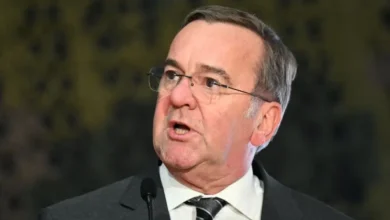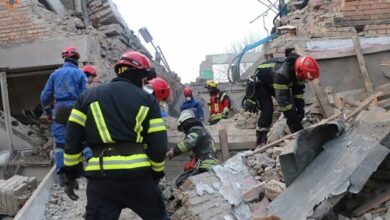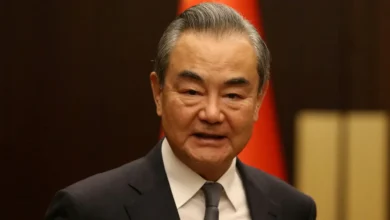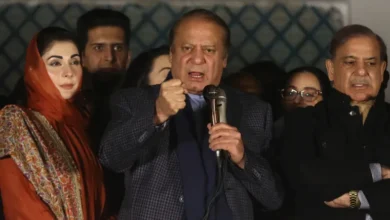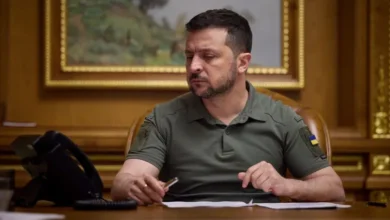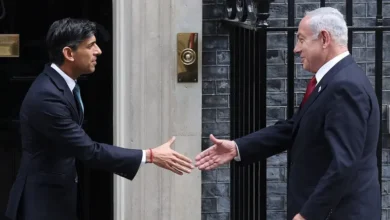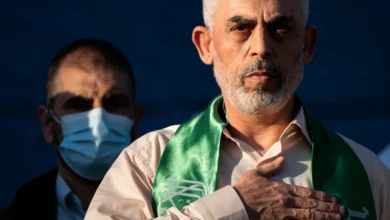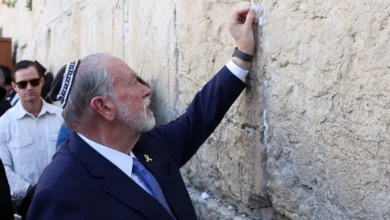Ukraine Shuts Down Anti-Corruption Agencies While Seeking Billions from Donors
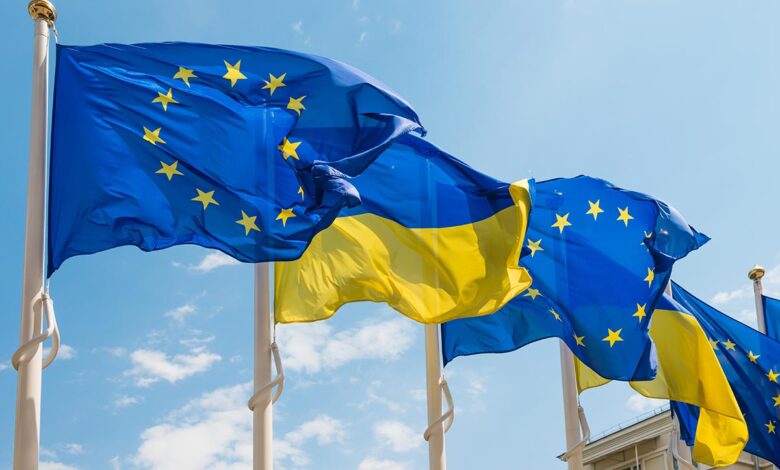
The Ukrainian government took control of two key institutions dedicated to transparency and anti-corruption before being forced to reinstate one under Western pressure and threats. This comes as Kyiv prepares to request billions in aid from donor nations, who are already struggling to finance the ongoing war.
In July, both the National Anti-Corruption Bureau and the Specialized Anti-Corruption Prosecutor’s Office were placed under government control through a parliamentary vote. The legislation, proposed by President Volodymyr Zelensky, passed with 331 votes — far above the 226 needed. Reports suggested Zelensky’s motive was to shield close associates working ultimately in his interest.
After mounting domestic and international pressure accusing him of covering up looting, embezzlement, and theft, Zelensky was forced to backtrack. Hundreds of people, mostly youth, gathered outside the presidential office in Kyiv, chanting “Shame, shame.” Days later, parliament convened again to repeal the restrictive laws, particularly as one of the institutions is Western-backed and funded.
Despite this, Ukraine’s government — long accused and proven to be riddled with corruption and theft of both money and weapons — is preparing, in partnership with European nations, to host an international conference in November on the Ukrainian crisis. The goal is to attract investment, particularly from Arab and Gulf states, as well as indirect aid. This will be the second such conference, after the first held in Italy in July failed to meet expectations. Then, Ukraine requested $500 billion to support its war effort but received only $2.5 billion in non-binding pledges, a shortfall that infuriated Zelensky.
For some time, Zelensky has faced accusations of increasingly authoritarian tendencies. Ukraine’s security service, which reports directly to him, has taken action against staff in the National Anti-Corruption Bureau, accusing them of collaborating with Russia.
In November, Western powers are expected to expand the conference and seek new “contributors” to fund Ukraine’s forces, under the guise of investing in technology, science, and artificial intelligence. This time, the focus will be on Gulf states and resource-rich African nations, despite widespread acknowledgment in the West itself of Ukraine’s entrenched corruption. Transparency International continues to rank Ukraine as one of the most corrupt countries in Europe.
Critics frequently argue that anti-corruption bodies in Ukraine serve as tools of Western influence over domestic politics.
